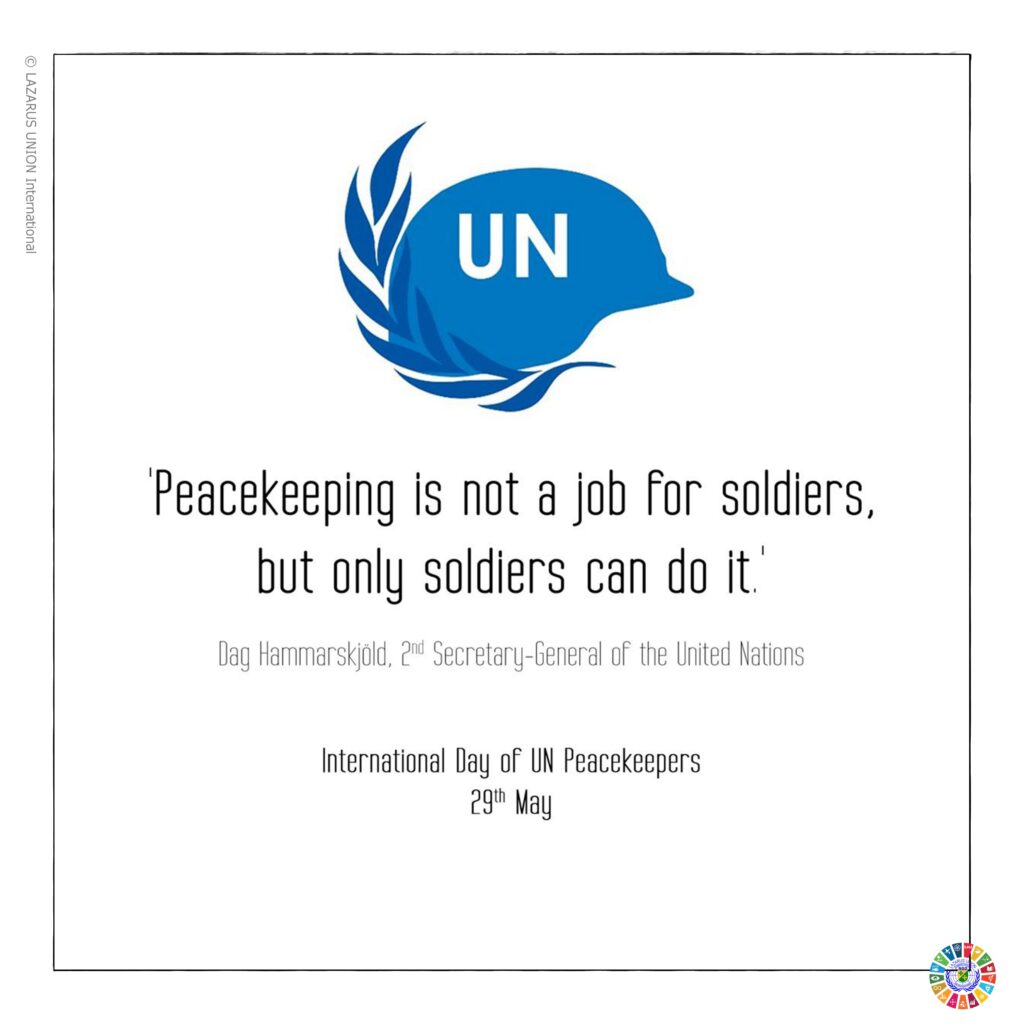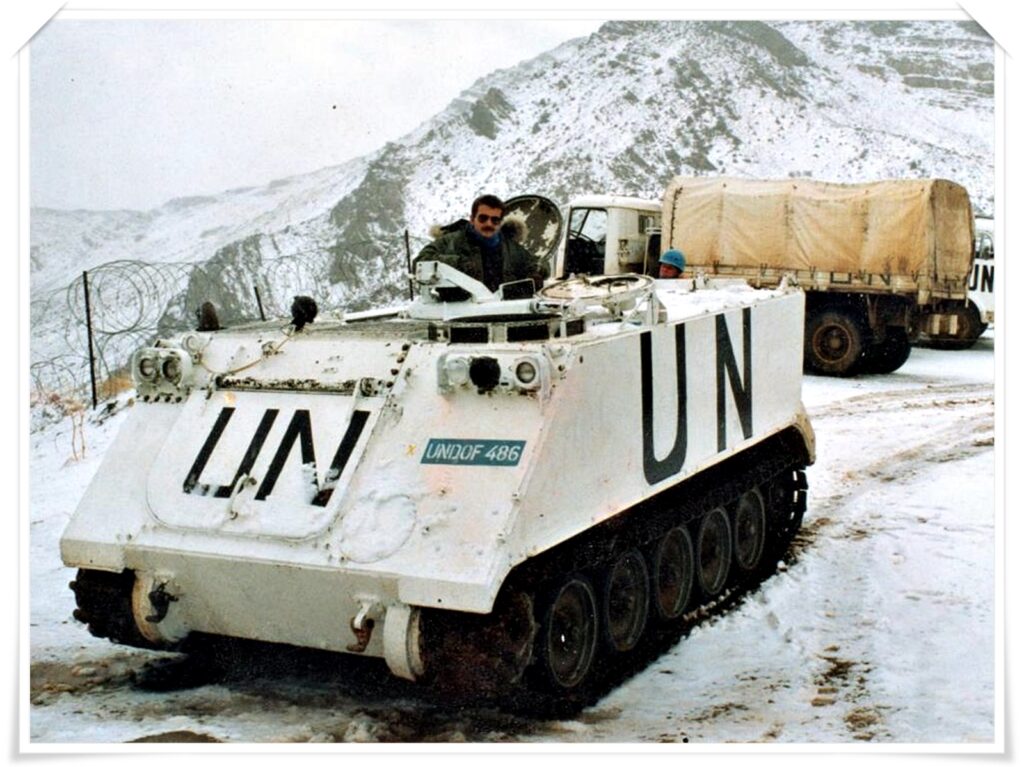
Dag Hammarskjöld and Peacekeeping
“Not a Job for Soldiers, But Only Soldiers Can Do It”
Reflections on the International Day of UN Peacekeepers – from a Former UN Soldier
Peacekeeping has never been easy to explain — and even harder to live. Dag Hammarskjöld, the second Secretary-General of the United Nations, once famously said: “Peacekeeping is not a job for soldiers, but only soldiers can do it.” Having worn the blue helmet myself, I know exactly what he meant.
As peacekeepers, we are not sent to conquer, to dominate, or to defeat. We are sent to stabilize, to protect, and — perhaps most importantly — to bear witness. It is a mission of strength through restraint, of presence over pressure. The uniform we wear may be military, but the purpose we serve is profoundly human.
Hammarskjöld understood this paradox better than most. He saw that peace does not come from the absence of conflict alone, but from the presence of justice, dignity, and dialogue. And yet, in a world of broken promises and fragile ceasefires, someone has to stand in the middle — sometimes quite literally — to prevent the return of chaos. That role has often fallen to soldiers with a deeper purpose.

But today, as we mark the International Day of UN Peacekeepers, the question is not only about who keeps the peace, but why we keep needing them. The world is changing. Conflicts are becoming more complex, ideologies more extreme, and human suffering more visible — but diplomacy too often arrives late, or not at all. We need more dialogue before weapons are drawn. We need more listening, more empathy, and more political courage — so that peacekeepers are not our first responders, but our last resort.
As a former UN soldier, I carry pride in what we stood for. But I also carry a hope: that one day, we will need fewer of us in the field, and more of us at the table — where words can still prevent what bullets cannot undo.
Let us honor peacekeepers not just with medals, but with renewed efforts to make their mission unnecessary.
Because real peace is not kept by force. It is kept by understanding.
O.M. Gruber-Lavin y Ochoa



